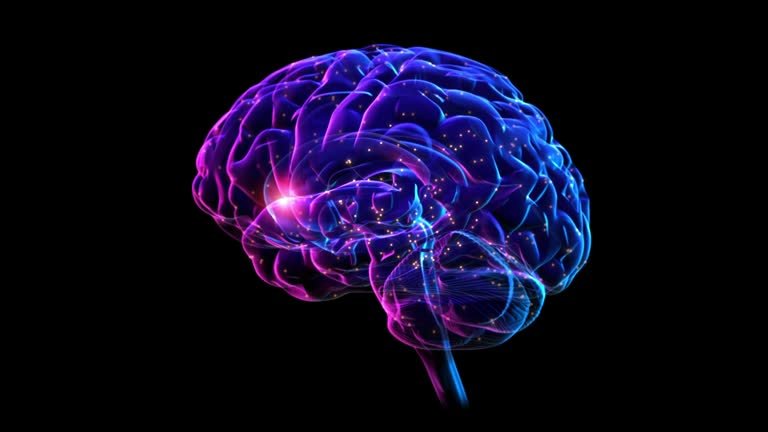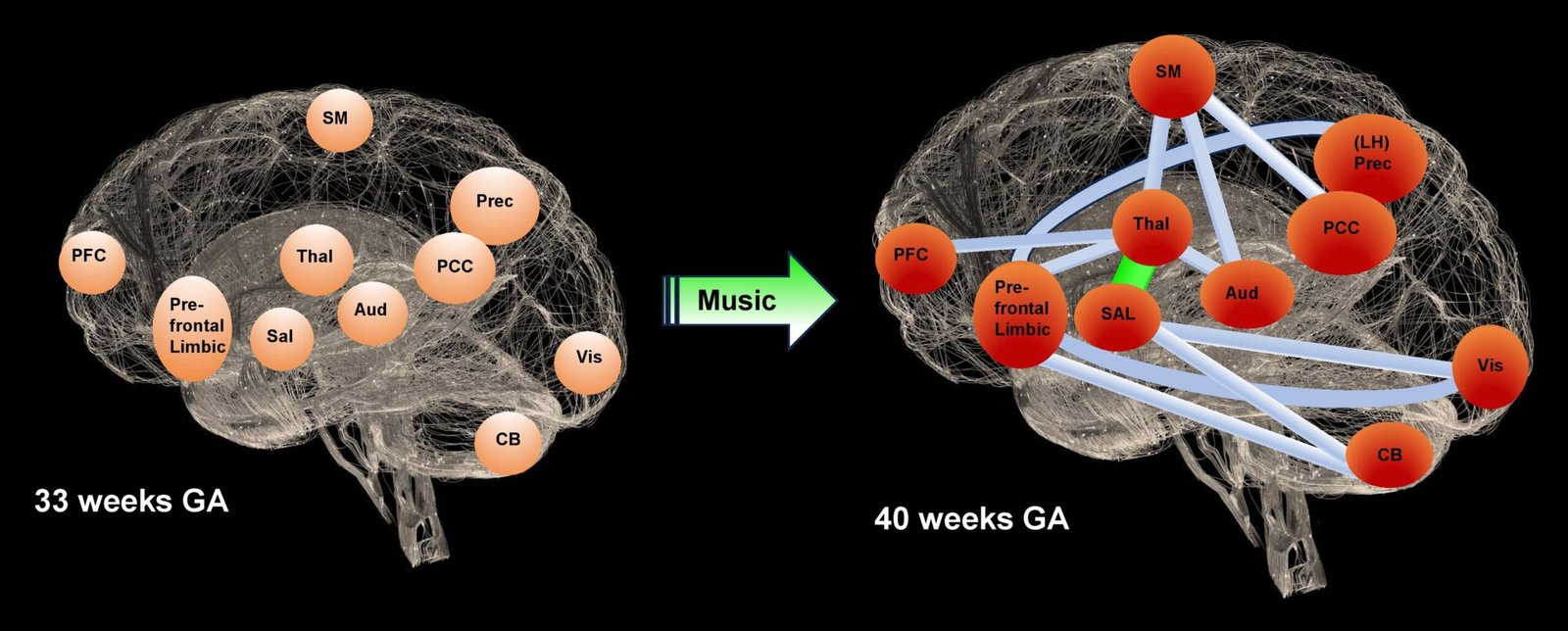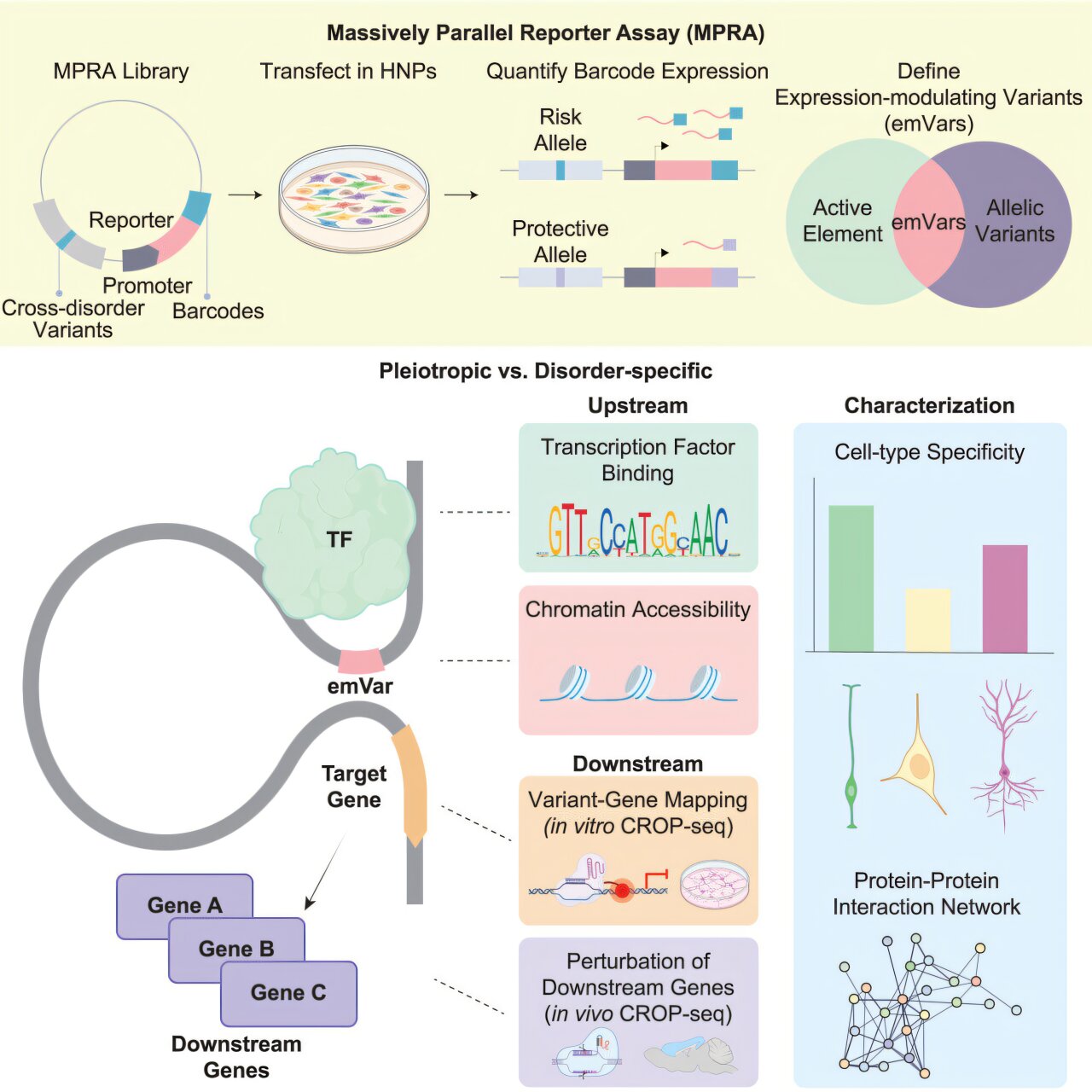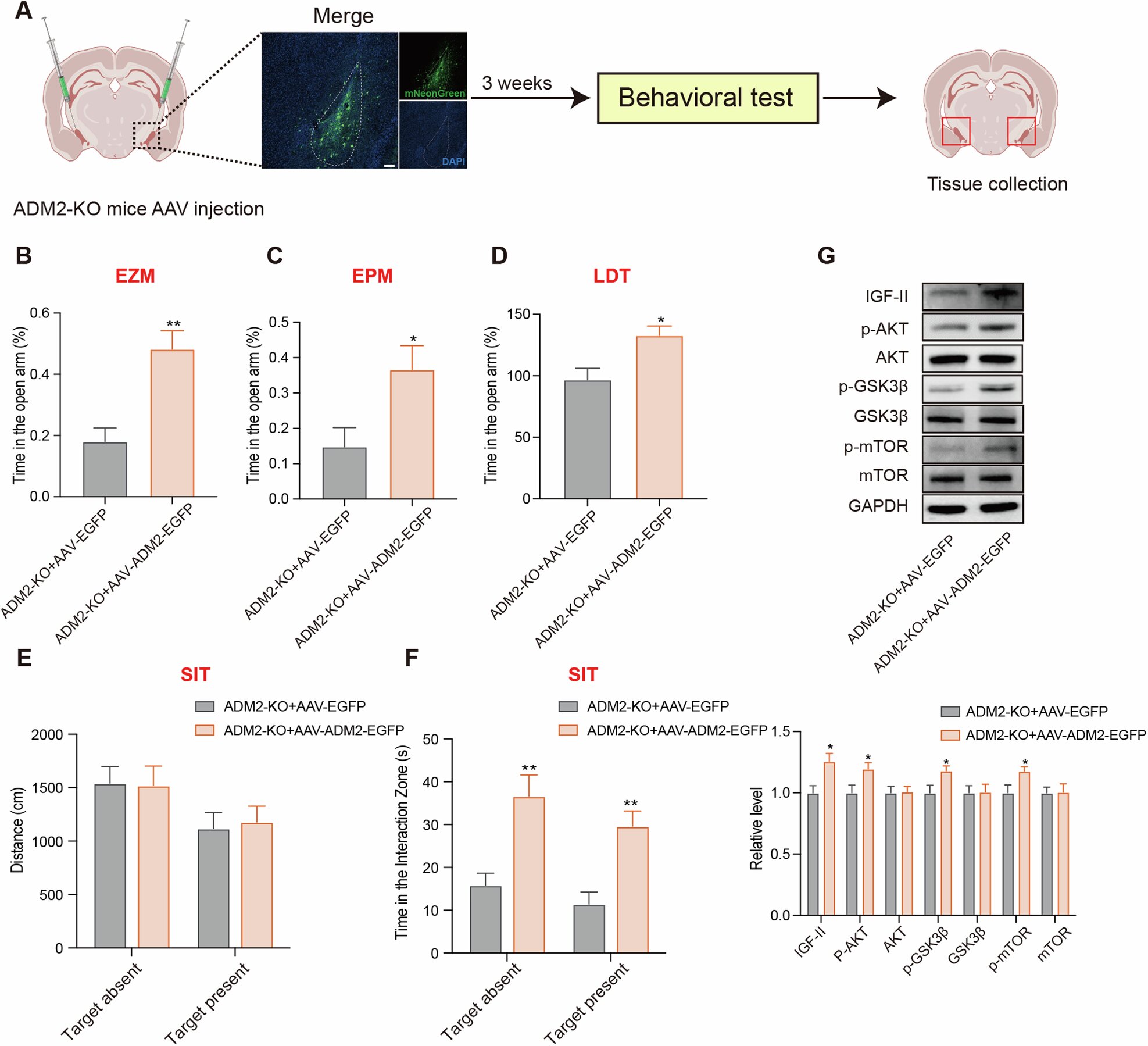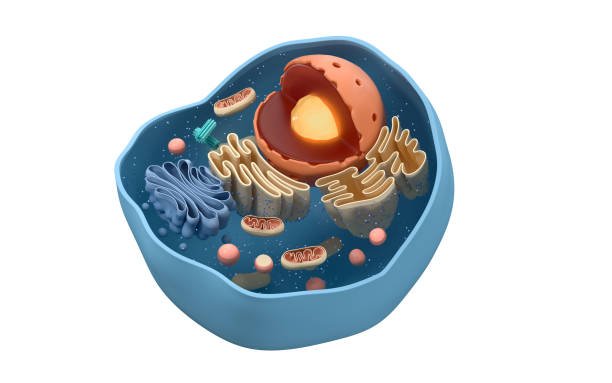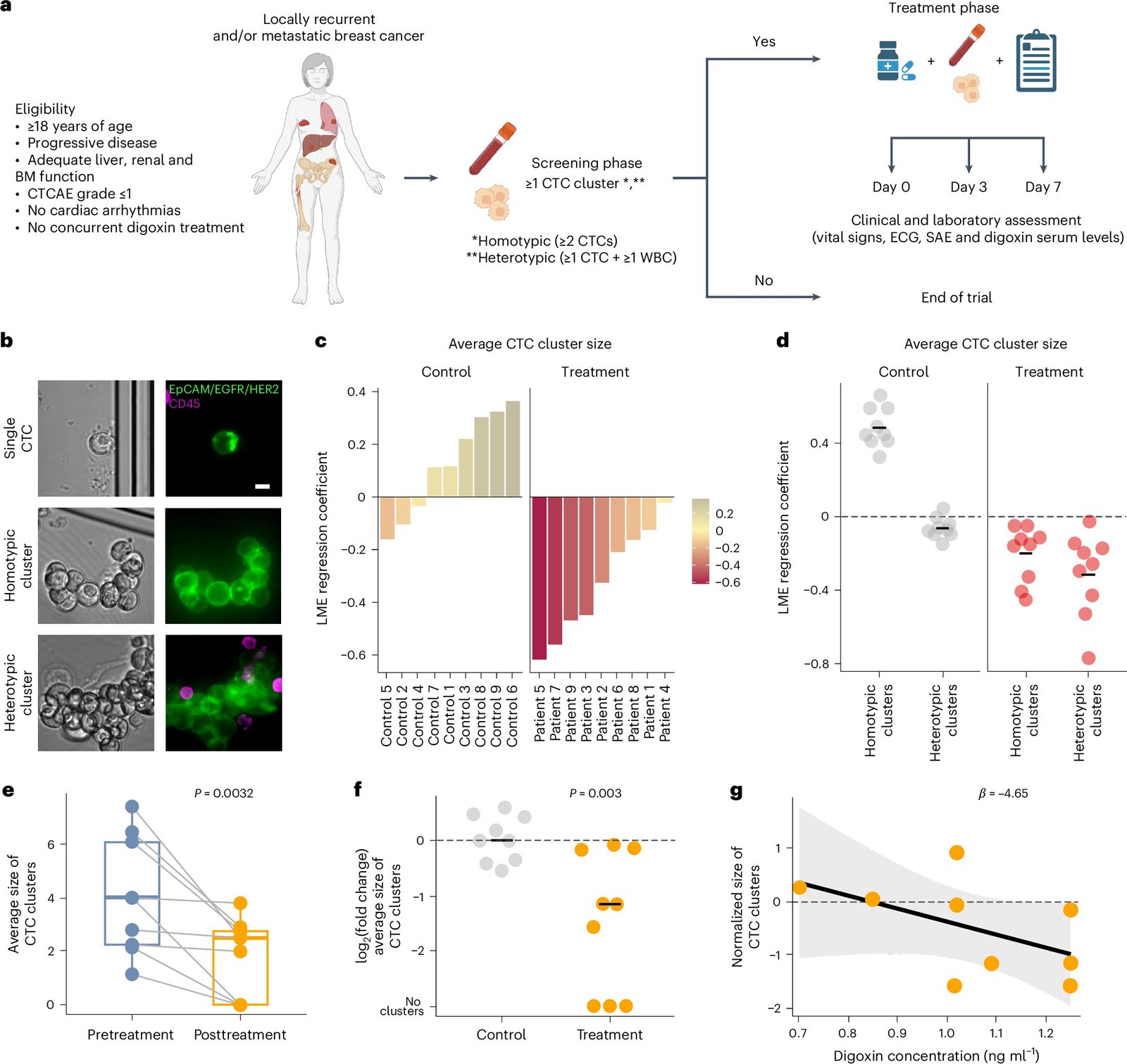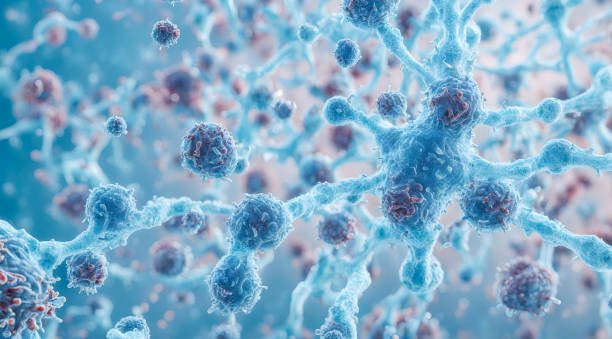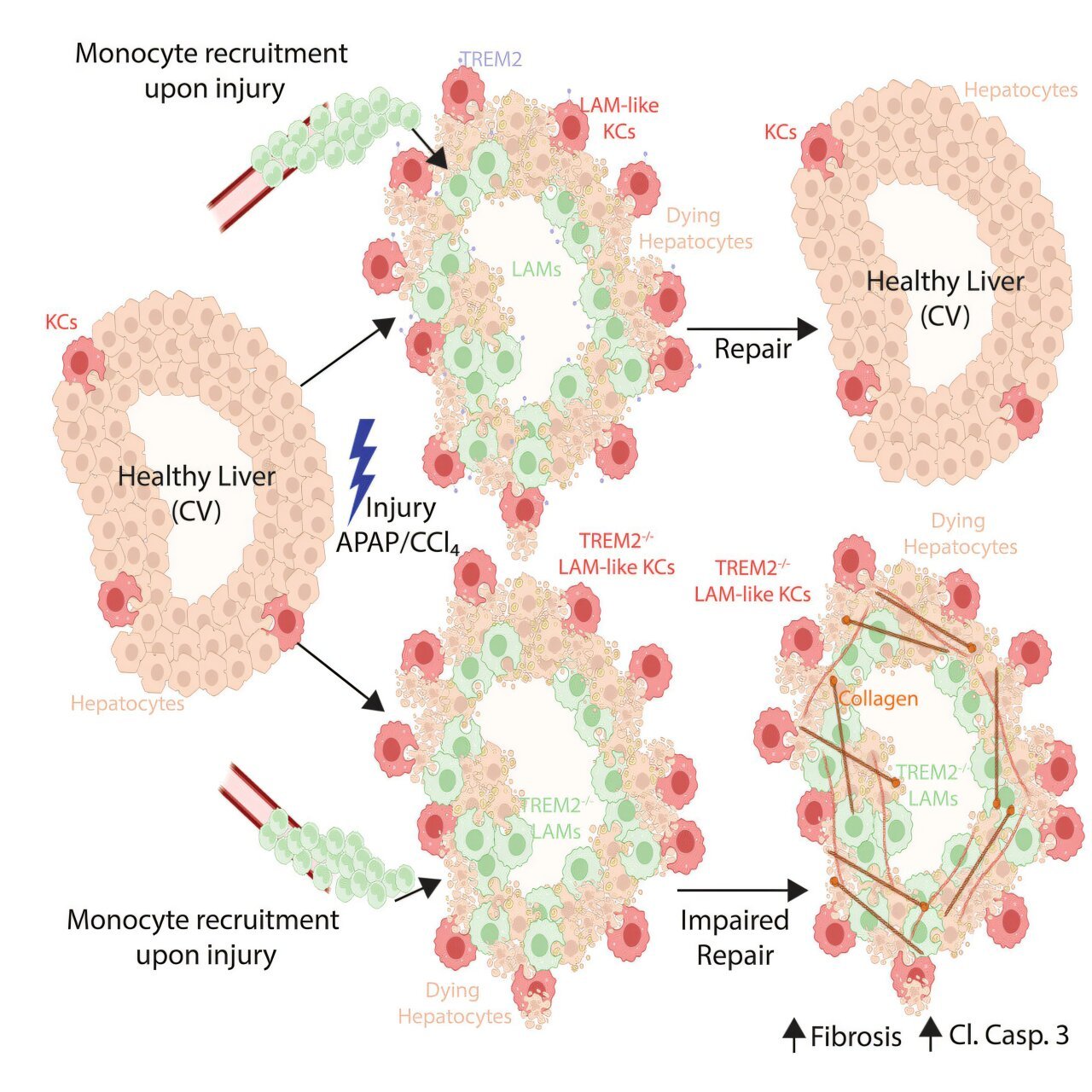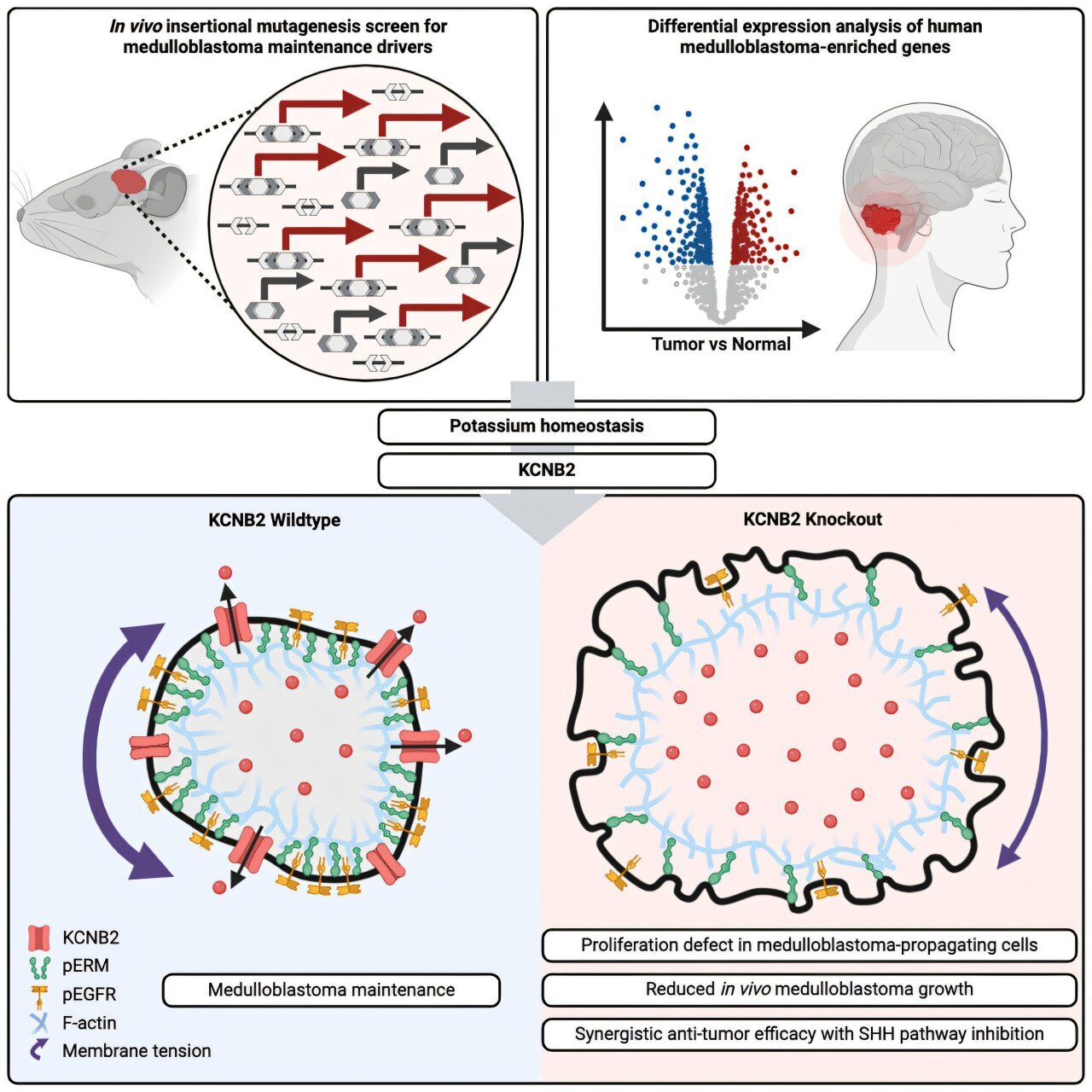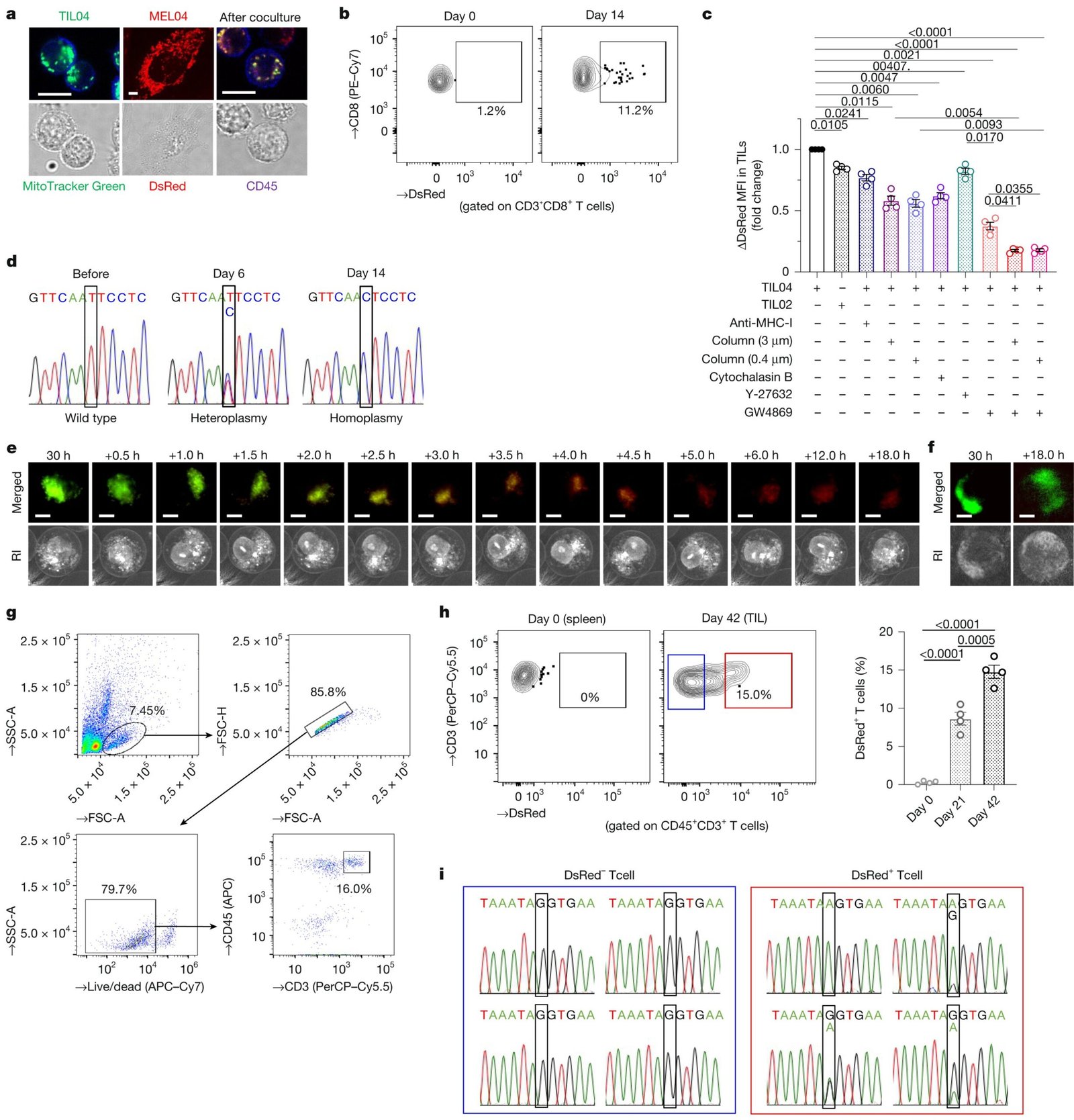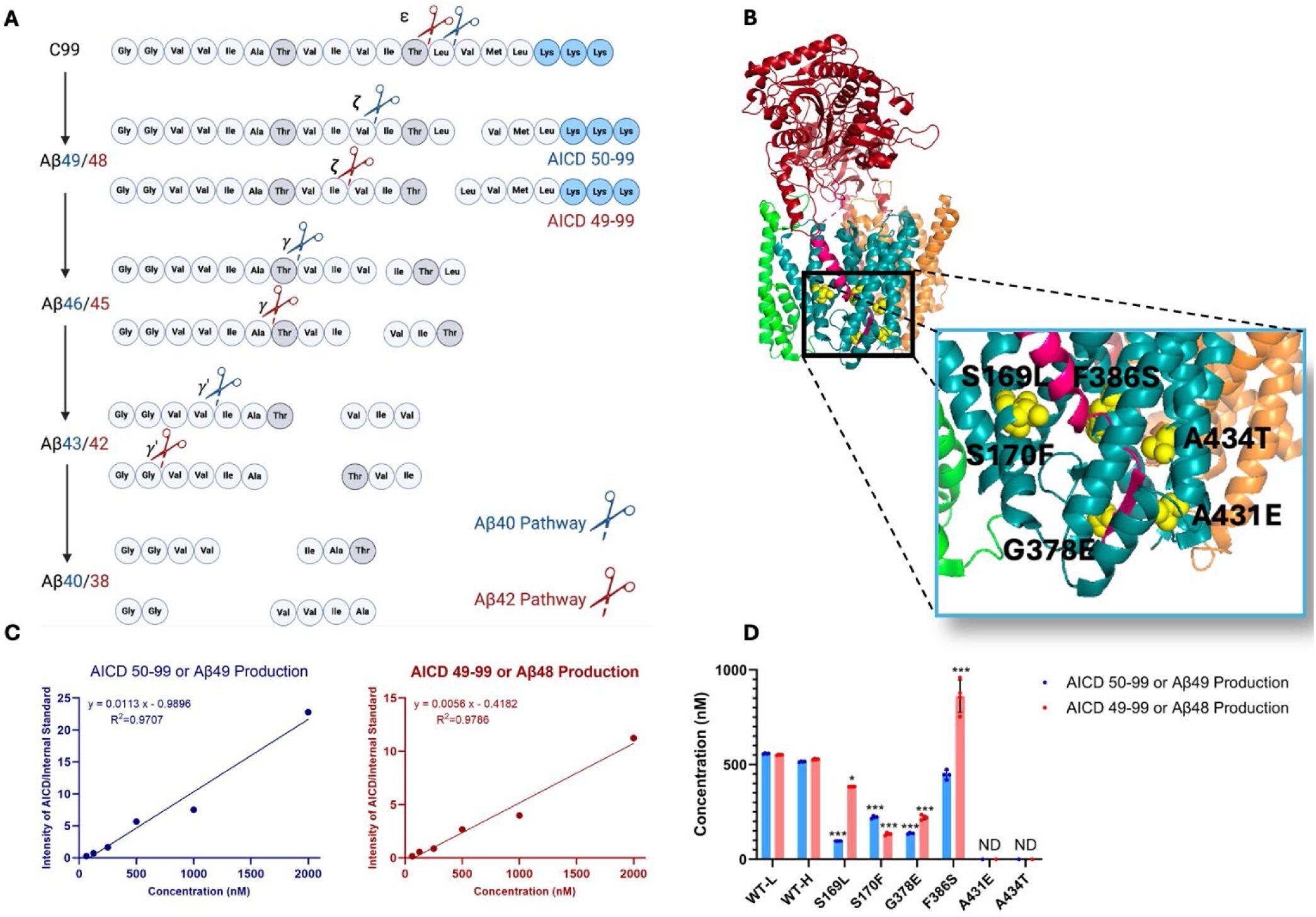Scientists have recently uncovered how rhythmic oscillations of a specific neurotransmitter play an essential role in removing toxic proteins from the brain during non-rapid eye movement (non-REM) sleep. This discovery,…
Category: Medical
Weight Gain May Not Impact Happiness as Negatively as Believed
For many, weight gain has often been viewed as a source of distress, impacting both physical and psychological health. The assumption is clear: as the pounds increase, so too does…
Dissecting Depression: How Anxiety, Anhedonia, and Apathy Influence Effort-Based Decision-Making
A recent study published in Psychological Medicine has uncovered new insights into how specific symptoms of depression influence the effort people are willing to put into various tasks. The research…
Gut Bacteria Linked to Depression
The intricate relationship between the gut microbiome and human health has become an increasingly explored area of medical science, with recent findings suggesting a significant impact on mental health. The…
Music Exposure Enhances Salience Network Connectivity in Premature Infants
Premature infants, born before the 37th week of gestation, face a range of developmental challenges. These challenges can include difficulties with attention, emotional regulation, and cognitive functioning. In response, a…
Pleiotropic Genetic Variants Drive Co-occurrence of Multiple Psychiatric Disorders
Psychiatric disorders often show significant overlap, making their diagnosis and treatment particularly complex. Conditions like depression and anxiety often co-occur and share symptoms, while others, such as schizophrenia and anorexia…
Study Finds Women Who Rarely Have Sex Face Higher Mortality Risk
A fascinating study, published in the Journal of Psychosexual Health, has drawn attention to the connection between sexual activity and overall mortality rates, highlighting the crucial role frequent sex may…
New Combo Therapy Shows Promise Against Metastatic Cancer
In an exciting advancement in cancer immunotherapy, a research team at the Medical University of Vienna, led by Maria Sibilia, has explored a novel combination therapy that may significantly improve…
Exploring the Link Between Blood-Brain Barrier Integrity and Anxiety Disorders
Anxiety disorders are among the most prevalent mental health conditions globally, impacting millions of people. These conditions are characterized by overwhelming worry and fear that disrupt daily life. While many…
Overcoming the Blood-Brain Barrier: Emerging Strategies for Treating Neurological Diseases
In a groundbreaking study led by Dr. David Dickens at the University of Liverpool, scientists and their global collaborators have uncovered promising new methods for treating neurological diseases by addressing…
New Drug Shows Promise in Repairing Damaged Brain
Researchers at the University of Colorado Anschutz Medical Campus have made a groundbreaking discovery in the treatment of neurological conditions that damage neurons, such as multiple sclerosis (MS). This new…
Mitochondrial Complex III Activity Regulates Macrophage IL-10 Production and Inflammation
In a groundbreaking study published in Science Advances, scientists in the laboratory of Navdeep Chandel, Ph.D., the David W. Cugell, MD, Professor of Medicine in the Division of Pulmonary and…
Digoxin Reduces Circulating Tumor Cell Clusters in Metastatic Breast Cancer
Cancer remains one of the most formidable challenges in modern medicine, with some tumor types notorious for their ability to spread beyond their point of origin and form metastases in…
Simple Blood Test Predicts COVID-19 Severity in Immunosuppressed Individuals
The ongoing challenge of the COVID-19 pandemic has brought to light the particular vulnerability of individuals with weakened immune systems. New research highlights the critical need for continued, tailored protection…
Lipid-Associated Macrophages Drive Liver Repair
Our liver is home to an array of specialized immune cells that play essential roles in its immune response, tissue maintenance, and repair after injury. One group of these cells,…
Prolonged Paraventricular Thalamus Activity Drives Persistent Behavioral Changes After Stress
Stress is an inevitable part of life, and while it can be temporary, for many individuals, it can result in profound, long-lasting changes in behavior and mental health. In recent…
KCNB2 Gene Inhibition Disrupts Tumor-Propagating Cells in Medulloblastoma
Scientists at The Hospital for Sick Children (SickKids) have made a groundbreaking discovery that could pave the way for next-generation treatments for medulloblastoma, the most common form of malignant brain…
Mitochondrial Transfer from Cancer Cells to T-Cells Impairs Immune Response
Recent research led by the Chiba Cancer Center Research Institute in Japan has uncovered a novel and unexpected way that cancer cells manage to evade the immune system, potentially explaining…
Stress, Not Dementia, May Drive Personality Changes in Older Adults
For years, researchers and clinicians have been looking for early signs of cognitive decline in adults, particularly in older populations. Alzheimer’s disease, the most common form of dementia, has become…
Alzheimer’s Disease Linked to Stalled Protein Processing, New Study Finds
Alzheimer’s disease, a progressive neurodegenerative disorder that causes memory loss, confusion, and changes in behavior, has long been a focus of scientific research. One of the most prominent theories about…
